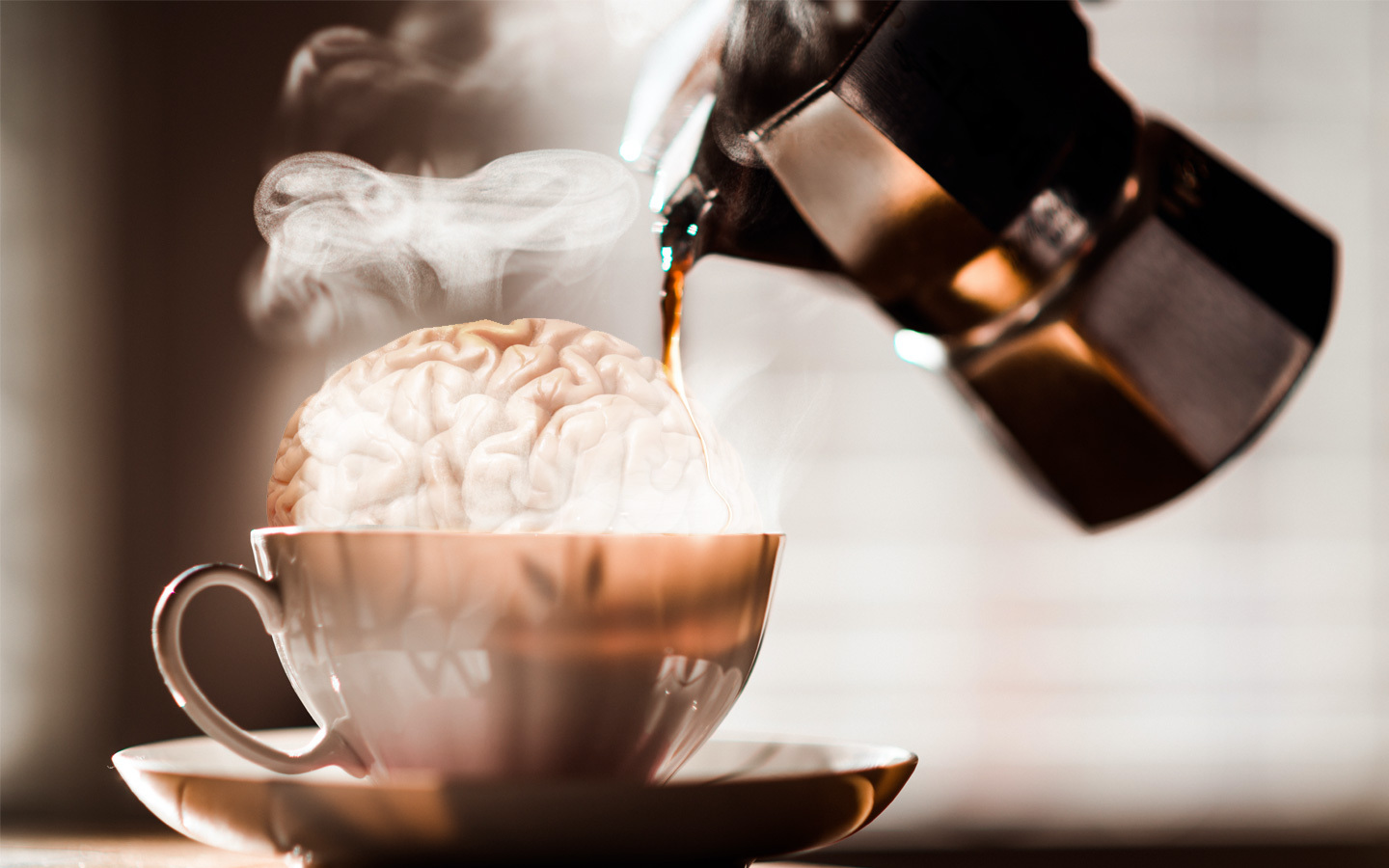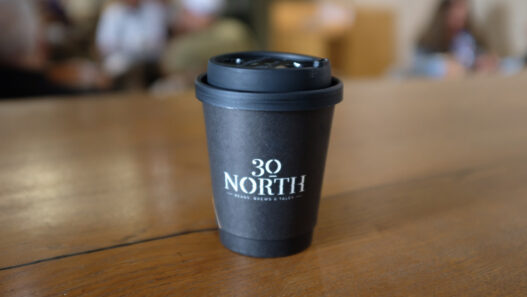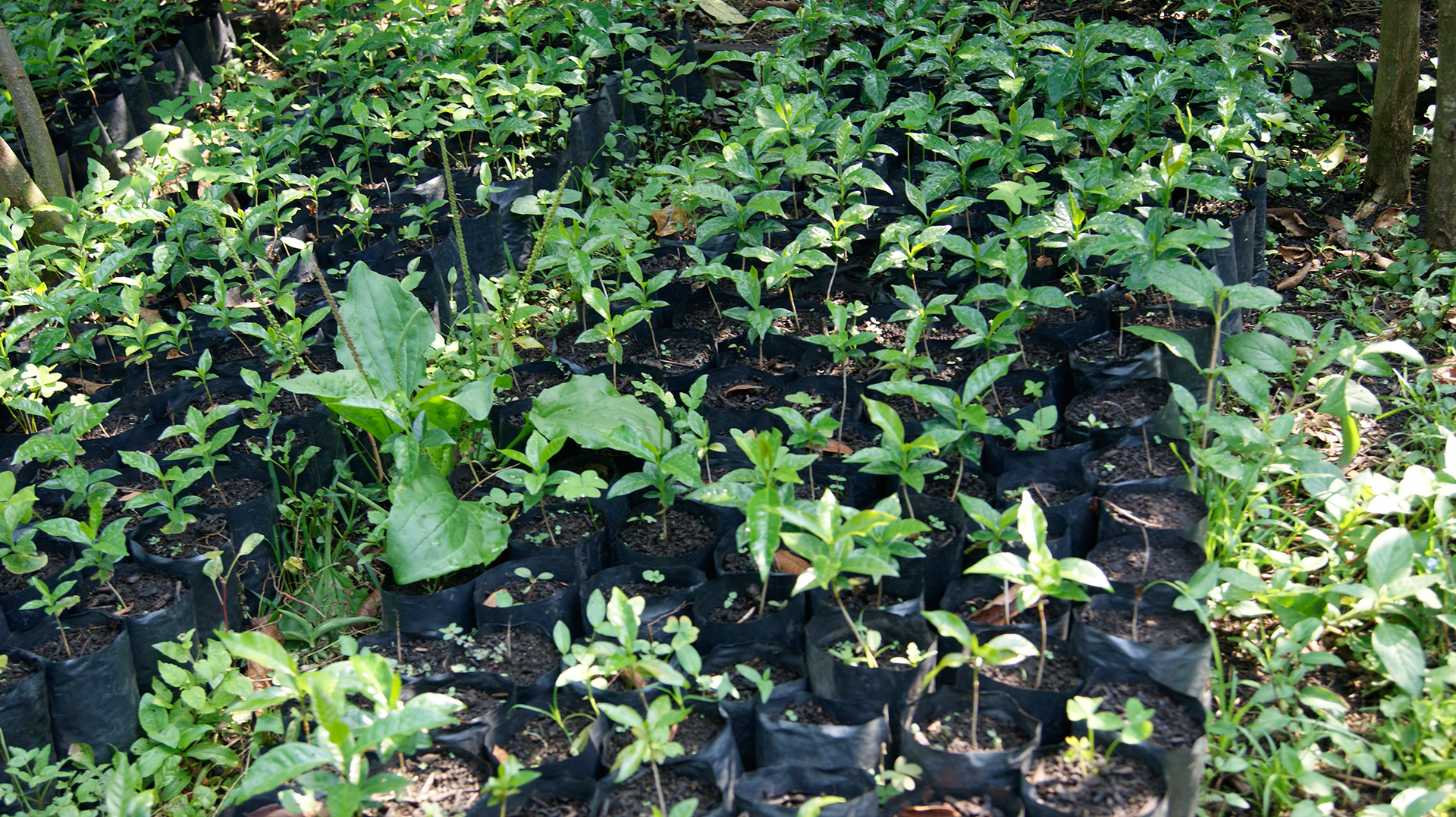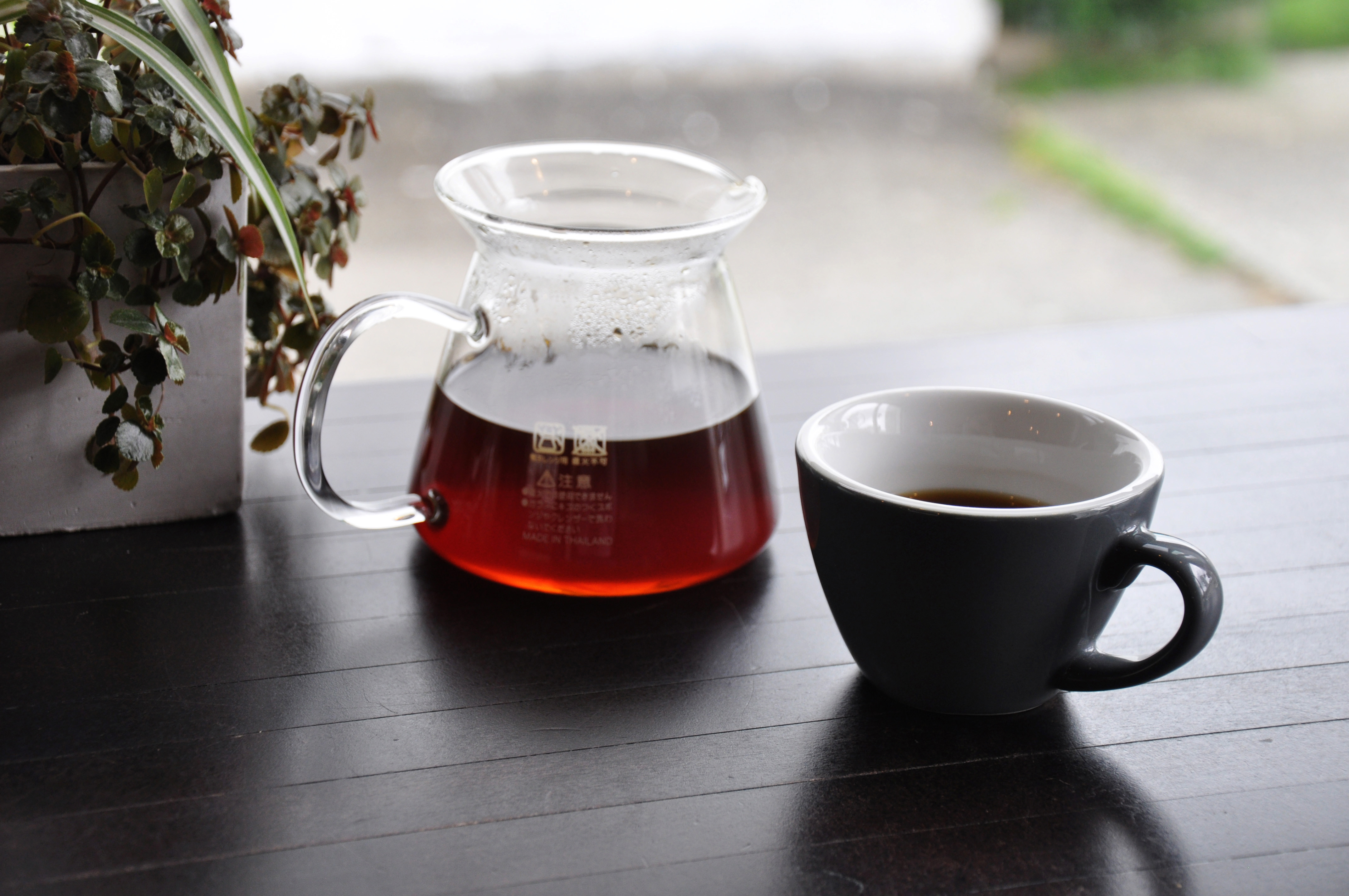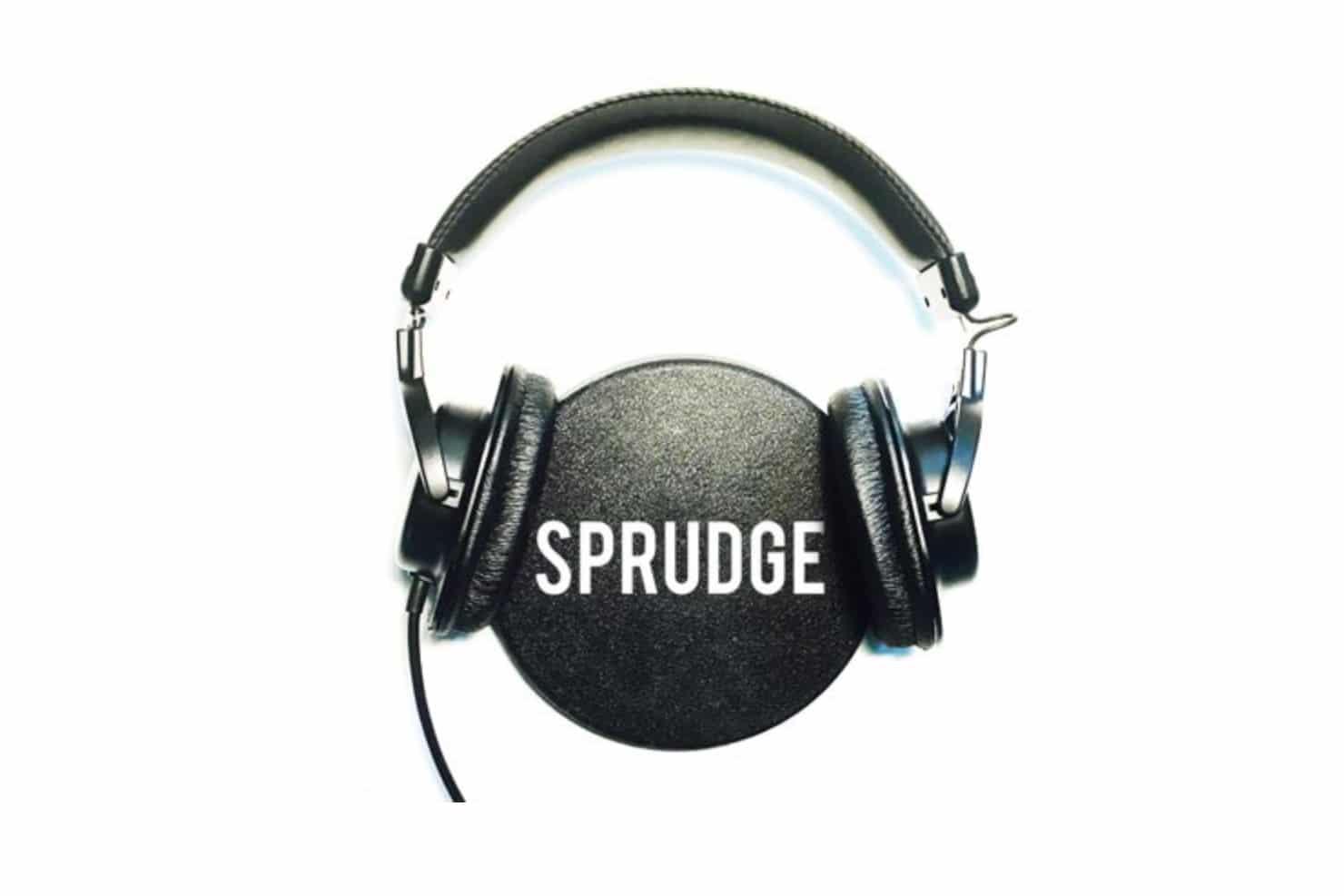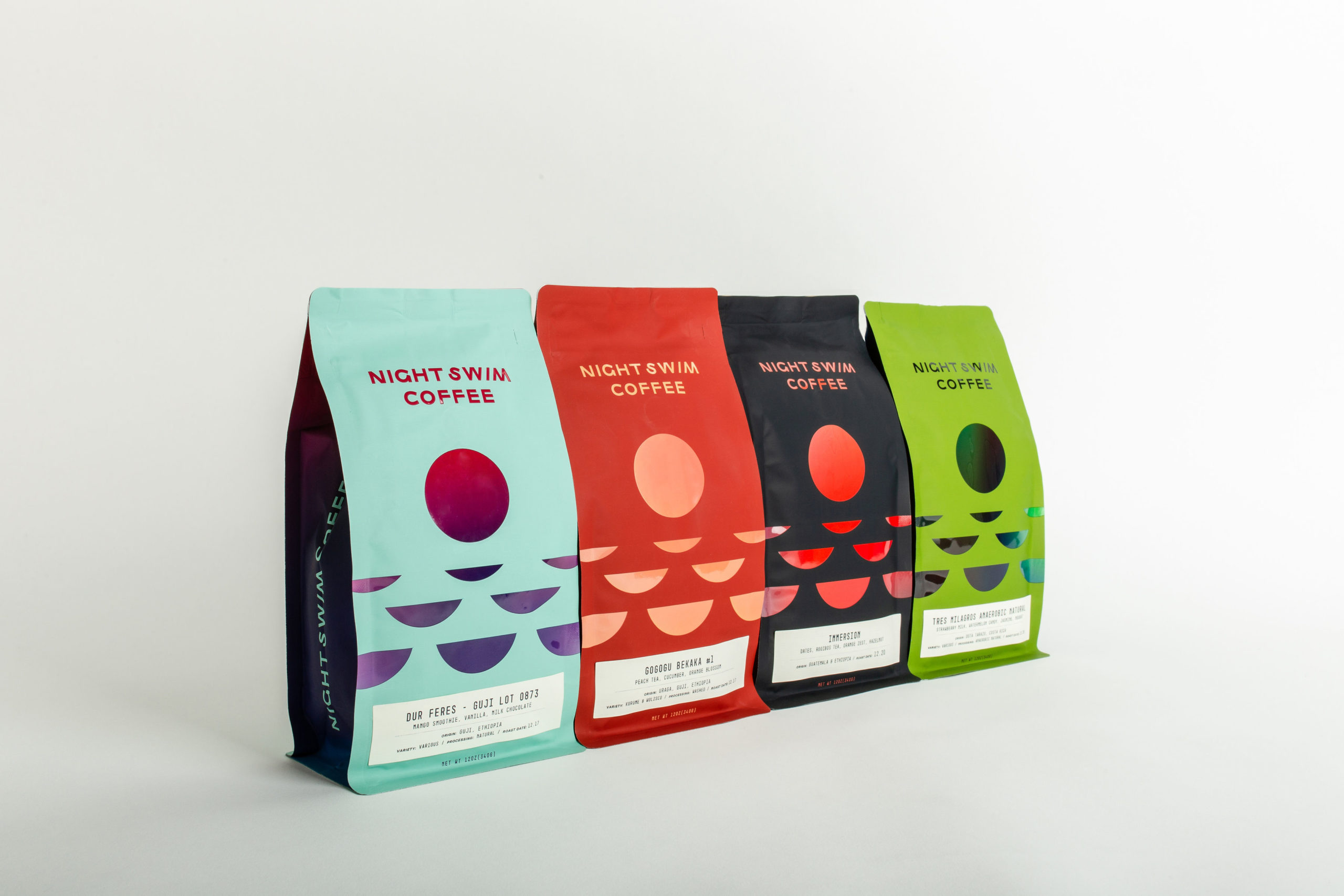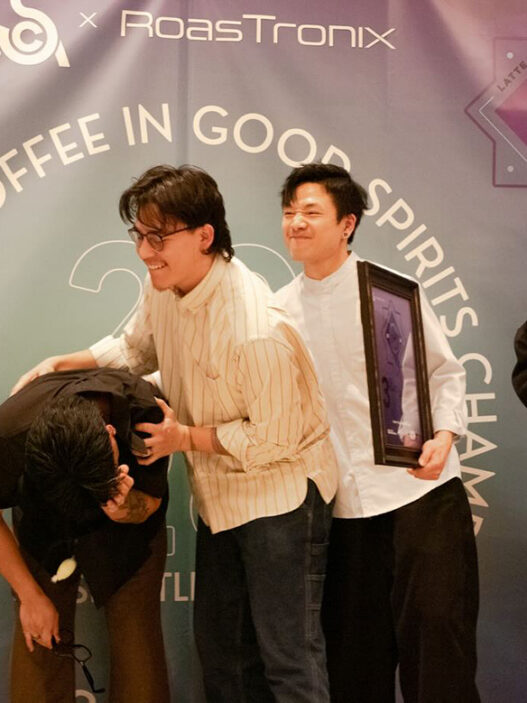For many, coffee in the morning is essential, a necessary condition that must be satisfied in order for pretty much any other activity to have any chance of occurring, let alone being performed well. But while it may feel to us like a requirement, a new study finds that drinking coffee may be done more out of habit than need.
As reported by USC News, for a recently published study in the journal Psychological Science, researchers from the University of Southern California examined human behavior and how well we are able to properly attribute the cause of it. The behavior in question? Drinking coffee.
For their study, researchers asked students what drives their coffee drinking habits, with respondents say that “fatigue was about twice as important as habit.” Those study participants were then tracked for one week, where their coffee drinking and tiredness was recorded every two hours. In tracking the participants and their reasoning for grabbing a coffee, researchers found that “habit was just as strong an influence on coffee consumption as feeling tired,” running contrary to the individuals’ self-assessments.
To further explain the role habit—which study author Asaf Mazar describes as an “automatic triggering of behavior, versus conscious intentions”—plays in our decision making, researchers conducted a second, online experiment where participants were asked to “[recall] a negative, positive, or neutral memory.” They were then put through a test where they have would to repeatedly press a left- or right-hand button. Participants were then asked if they were willing to take part in additional trials using the same two buttons, and researchers found that respondents answer to this question had something to do with their button-pressing habits. They found that people throughout the test who more frequently pressed the button associated with “no” in the final question were more likely to decline providing further assistance than those whose button-pressing was more evenly dispersed. In short, they got in the habit of pressing the left or right button, so when the final question came, they stuck with it.
“Much of what we do every day is habitual, but we are reluctant to acknowledge our habits and instead chalk our behaviors up to our mood and our intentions,” said study author Wendy Wood, USC Provost Professor of psychology and business.
The study’s authors go on to note that doing something habitually isn’t intrinsically bad and in fact can sometimes be beneficial. Positive things like eating healthy foods, exercising, and recycling can be done habitually and it is the inertia of that repeated behavior that allows us to continue those practices more than their ascribed goodness. It is simply that we as humans aren’t too great at explaining what drives us to do repeated behaviors: need or habit.
It is here where I come to the defense of the necessity of daily coffee consumption and say, “can’t it be both?” Can’t the repetition of an act be based on its repeated need? If you know you will feel more alert after having that first cup of coffee, regardless of your level of tiredness before it, could that not be deemed more functional than habitual? Does one need to fully dissect the reasoning for doing an action each and every time they do it, even when the motivation remains constant day in and day out, in order for it be not be done habitually?
So yeah, maybe drinking coffee is habitual… habitually good.
Zac Cadwalader is the managing editor at Sprudge Media Network and a staff writer based in Dallas. Read more Zac Cadwalader on Sprudge.





